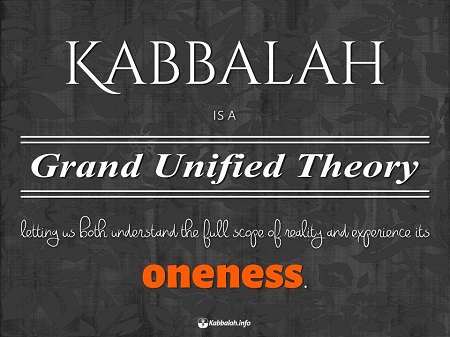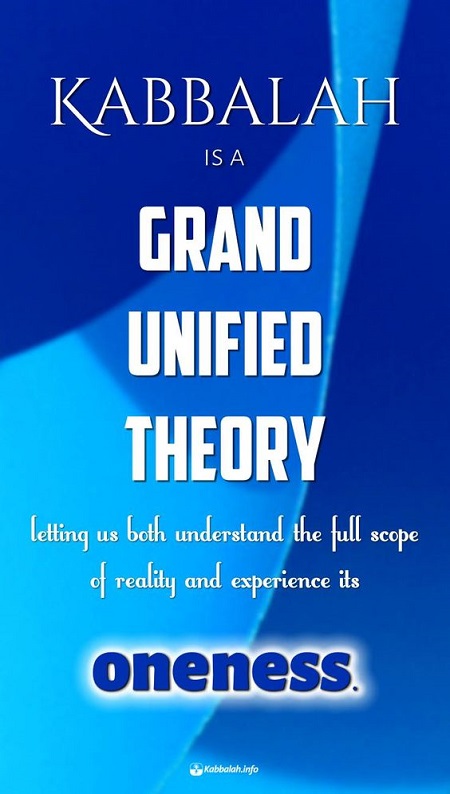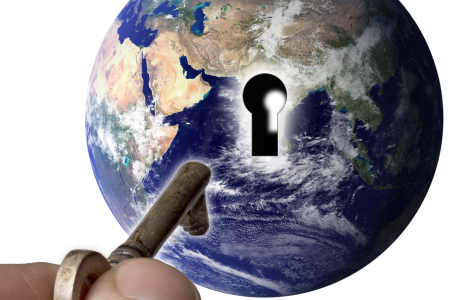
Can We Study What We Can’t Perceive?
The corporeal world is full of forces and phenomena that we do not feel directly, such as electricity and magnetism, but even small children are familiar with their names and the results of their actions. For example, although our knowledge of electricity is limited, we have learned to utilize this phenomenon for our purposes and define it as naturally as we give names to such things as bread and sugar.
How Our Senses Box Us In
Similarly, it is as if all names in Kabbalah give us a real and objective idea about a spiritual object. On second thought, just as we have no idea about spiritual objects or even the Creator Himself, so are we equally ignorant of any objects, even those we can grip with our hands. This is because we perceive not the object itself, but our reaction to its impact on our senses.
These reactions give us the semblance of knowledge, though the essence of the object itself remains totally concealed from us. Moreover, we are utterly unable to understand even ourselves. All that we know about ourselves is limited to our actions and reactions.
What’s the Matter and Why?
As an instrument of the world’s research, science divides into two parts: the study of properties of matter and the study of its form. In other words, there is nothing in the universe that does not consist of matter and form. For example, a table is a combination of matter and form, where matter, such as wood, is the basis that carries the form—that of a table. Or take the word, “liar,” where matter (one’s body) is a carrier of the form, falsehood.
Continue reading “Kabbalah – The Super Science and the Secrets it Reveals”





